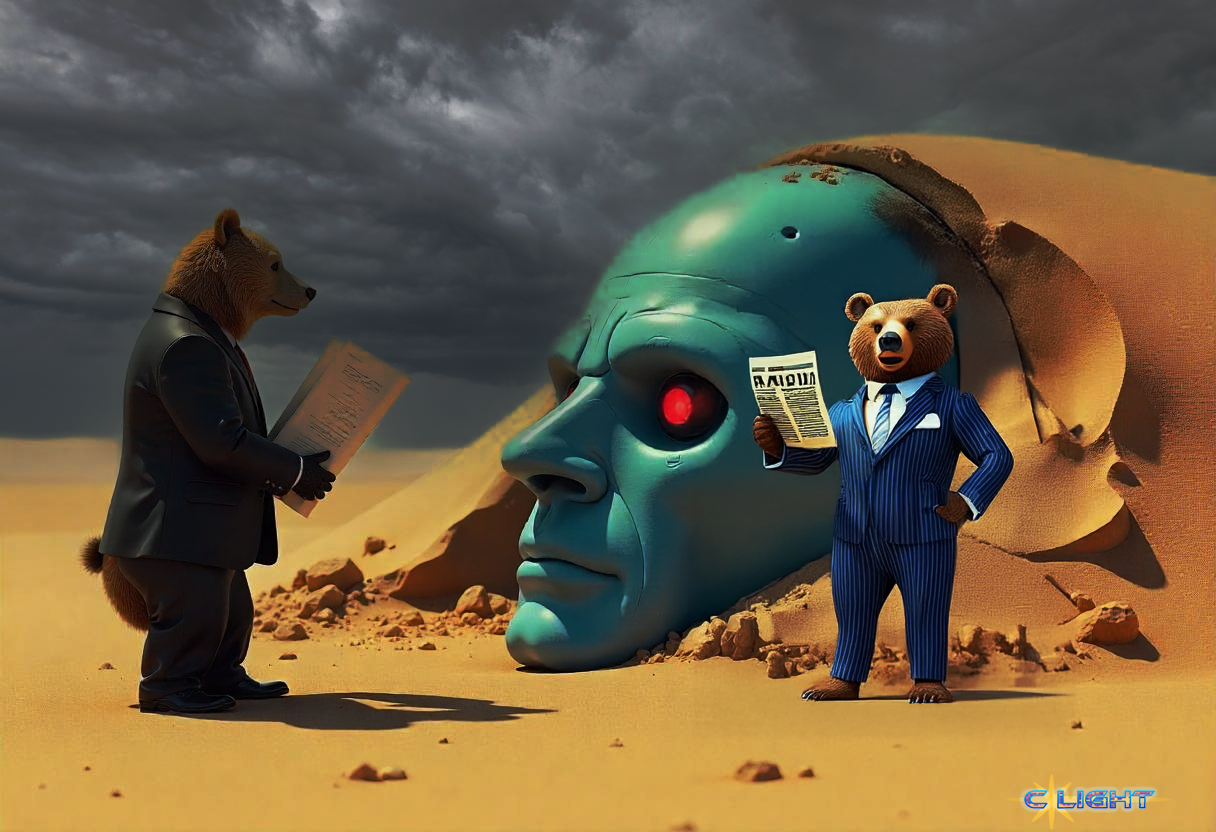Are things feeling more expensive lately? Does the economic news sound confusing, maybe even worrying? You’re not alone. Right now, two big things happening in Washington are causing ripples that could be hitting your wallet: new taxes on goods coming from other countries (called tariffs) and a very public fight between the President and the people managing the nation’s money supply (the Federal Reserve). While it might seem like high-level stuff, these actions are likely making everyday life more expensive for regular families. Let’s break it down simply.
The Tariff Trouble: Paying More for Imports
First, let’s talk about tariffs. Think of them as extra taxes the government adds to products shipped into the U.S. from other countries. Recently, President Trump put broad new tariffs on goods coming from many places, especially China. The idea is often sold as a way to encourage people to buy American-made products.
But here’s the immediate problem: businesses now have to pay more for imported finished goods – maybe the TV you wanted or the clothes on the rack. Crucially, they also pay more for imported parts used to make things right here in the U.S. – think materials needed for diapers, car components, or even food packaging.

What happens when businesses have to pay more? Usually, they pass those extra costs along to you, the customer. That means potentially higher price tags on everything from electronics and furniture to basic necessities. We already know the cost of raising a child is high; recent reports warn these tariffs will likely make baby essentials like imported formula, diapers (many use imported materials), strollers, and car seats even more expensive.
This isn’t just speculation. The International Monetary Fund (IMF), a global economic watchdog, just significantly lowered its forecast for US economic growth this year. A primary reason they cited? These new tariffs and the economic uncertainty they create, which they fear will slow the economy and could push prices higher.
The Fed Feud: Why Fighting the Nation’s Banker is Risky
Second, there’s the fight involving the Federal Reserve, often called “The Fed.” Think of the Fed as the nation’s main bank. Its key job is to manage the cost of borrowing money (interest rates) to keep prices stable, avoiding runaway inflation, and keep unemployment low. To do this job effectively, the Fed is designed to be independent, making decisions based on economic data, not political pressure – like a neutral referee in a game.
Right now, however, President Punk is publicly attacking the Fed’s Chairman, Jerome Powell (whom Punk himself first appointed). He’s calling Powell names (“major loser,” “Mr Too Late”) and demanding he cut interest rates immediately to boost the economy, even suggesting Powell should be fired.
Why the disagreement? The President wants cheaper borrowing now. But Chairman Powell and the Fed seem worried. They point out that the new tariffs might already be pushing prices up. Cutting interest rates too soon could be like pouring gasoline on a fire, making inflation worse and hurting your purchasing power down the road. Powell has stressed that the sheer uncertainty caused by the unpredictable tariff policies makes it wise to be cautious for now.

Why should you care if the President and the Fed chair argue? Two big reasons:
- Inflation Risk: If political pressure forces the Fed to make bad decisions, like cutting rates when inflation is actually a threat, prices could eventually spiral. That makes your savings worth less and everyday items even harder to afford.
- Instability & Higher Costs: The public fighting itself creates uncertainty. Investors get nervous, which can cause the stock market to drop (hurting 401k retirement accounts). It can also make banks more cautious about lending money. If markets lose faith that the Fed can act independently, it could eventually lead to higher interest rates for everyone on mortgages, car loans, and credit cards. The recent drops in stocks and the US dollar after the President’s attacks show that markets are nervous about this.
The Bottom Line: It All Adds Up
These aren’t just abstract economic debates. The connection is direct: Tariffs are likely leading to higher prices on many goods you buy. The political pressure on the Federal Reserve creates instability that can hurt your savings and potentially make borrowing more expensive in the future. Both contribute to that feeling of being pinched, increasing the overall cost of living. The IMF’s gloomy forecast simply confirms that global experts see these policies creating real economic headwinds.
Government actions have consequences that reach far beyond Washington D.C. Understanding how tariffs and fights over the Fed can impact your family budget is crucial, because ultimately, it’s people like you who feel the effects most keenly.
Discover more from Clight Morning Analysis
Subscribe to get the latest posts sent to your email.










